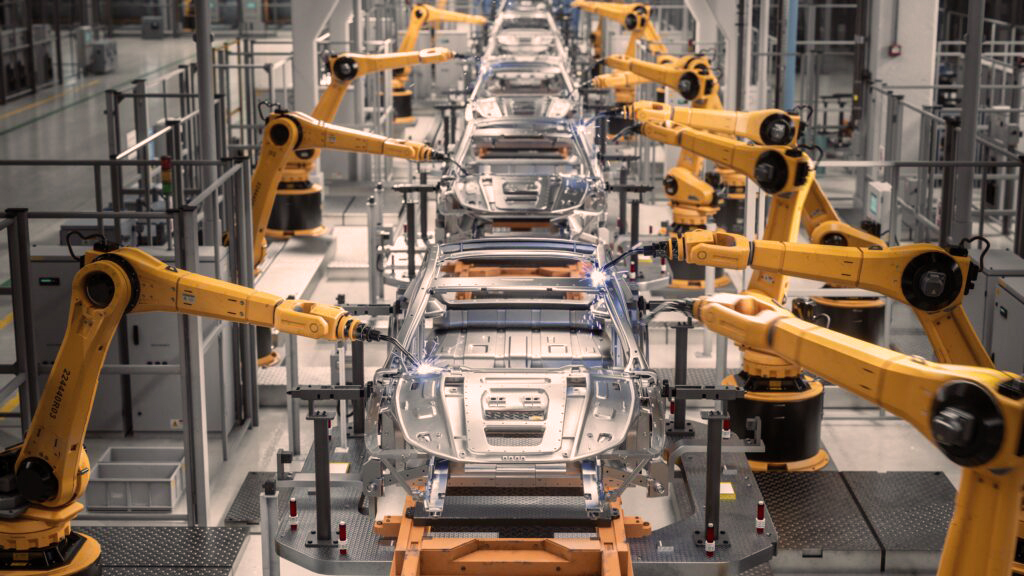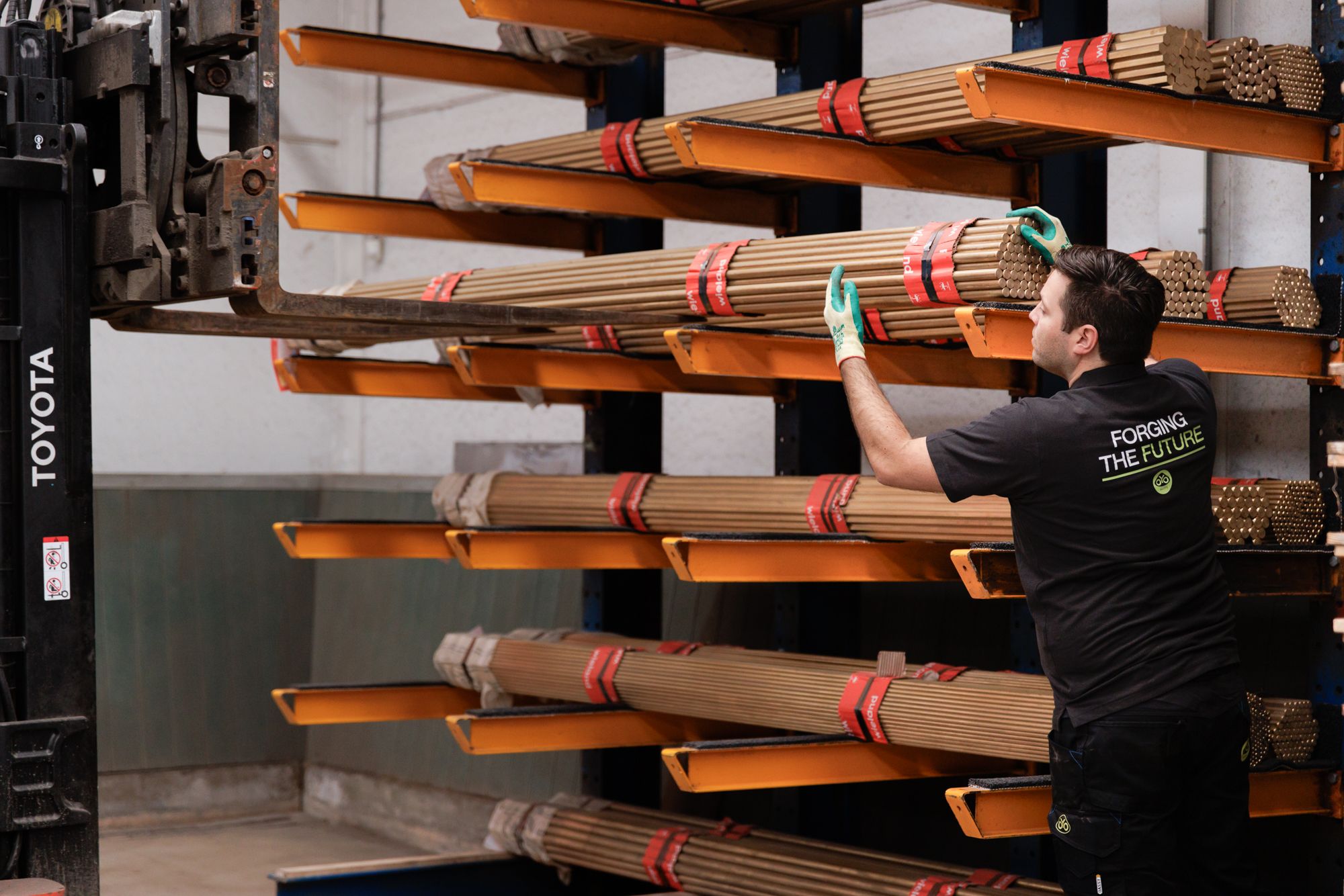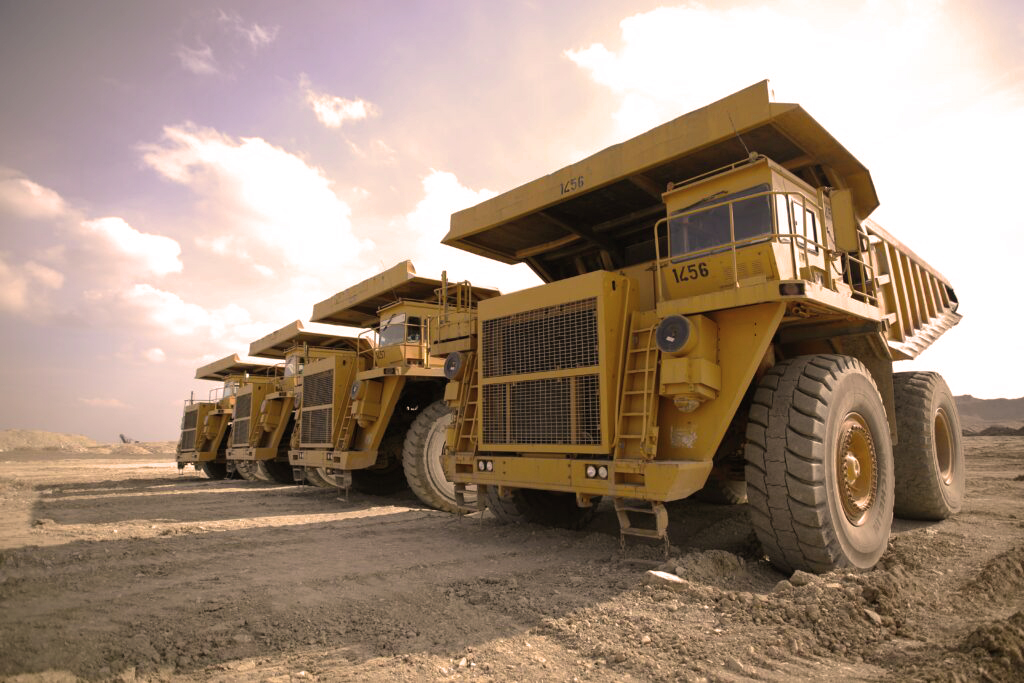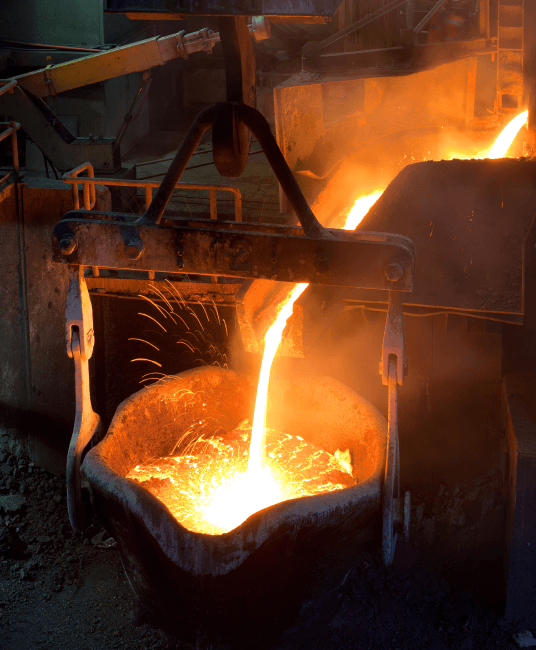Automotive Industry
In the automotive industry, special alloys are used for components that require high durability and resistance to wear and corrosion. These alloys offer excellent machinability, allowing for the efficient production of complex parts. Their ability to withstand mechanical stress and corrosive environments ensures reliable performance, making them ideal for use in engine components, gears, and bearings. By leveraging these properties, automotive manufacturers can achieve higher quality and longer-lasting products, providing a competitive edge in a highly demanding market.






